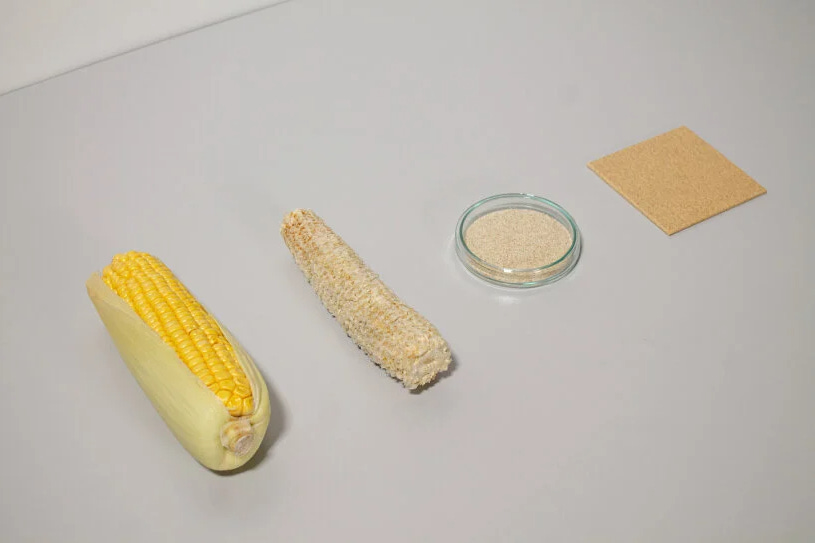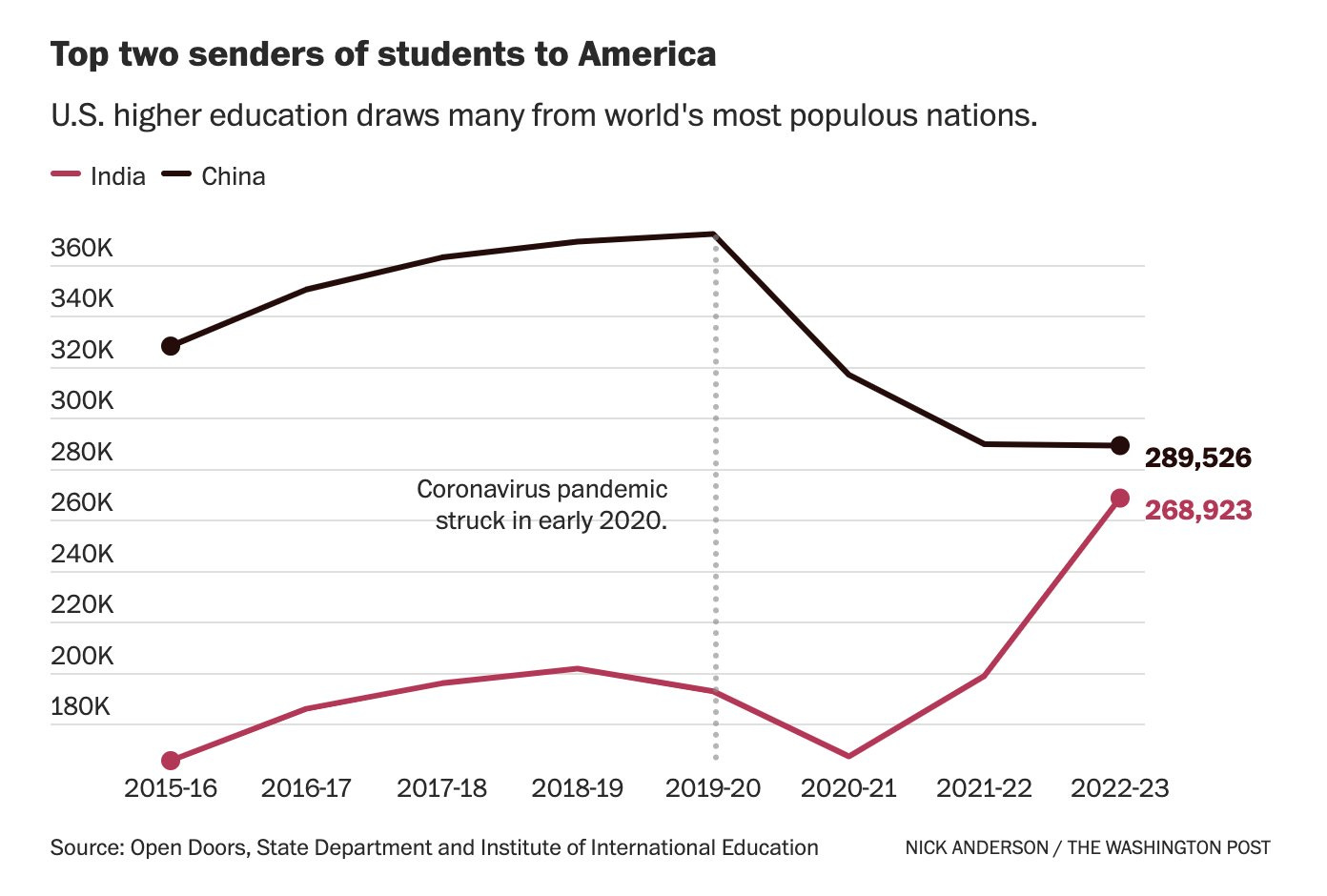Geographic Data Science with R: Visualizing and Analyzing Environmental Change
Biobased walls made from corn cobs are recyclable and biodegradable at their lifetime's end
Statistical Yearbook - World FAO - 2023
Kudos for the slick online format of the report. Not just a PDF.
Generative AI’s Energy Problem Today Is Foundational - IEEE Spectrum
In a report published earlier this month in Joule, de Vries has analyzed trends in AI energy use. He predicted that current AI technology could be on track to annually consume as much electricity as the entire country of Ireland (29.3 terawatt-hours per year).
Why Vultures Might Just Be the Smartest Birds Above the Block - The New York Times (archive.is)
Also interesting is why they don’t get sick eating rotting stuff.
New research suggests that vultures have evolved an array of defenses to counter pathogens and bacterial toxins that would sicken or kill other animals. Not only are their stomachs famously acidic, but the vulture microbiome, the set of microbial communities that populate the bird’s gastrointestinal tract, throat, face and other body parts, clearly plays a protective role, too. In preliminary assays of vulture fluids and tissue samples, researchers have identified beneficial microbes that block Yersinia pestis, the bearer of plague, and listeria, the cause of food poisoning. They have found an army of phages — viruses that can attack pathogenic bacteria — and genetic instructions for the production of antibiotics, antiparasitic compounds and insecticides. And they have detected tiny invertebrates called rotifers that feed on bacteria and protozoa. There is good reason, Mr. Nicholas said, “that vultures are often referred to as the soap of the savanna.”
Trends in international students to US universities.
How Pervasive is Corporate Fraud? by I. J. Alexander Dyck, Adair Morse, Luigi Zingales :: SSRN
We estimate that on average 10% of large publicly traded firms are committing securities fraud every year, with a 95% confidence interval of 7%-14%. Combining fraud pervasiveness with existing estimates of the costs of detected and undetected fraud, we estimate that corporate fraud destroys 1.6% of equity value each year, equal to $830 billion in 2021.
I don’t study this, but those results aren’t super comforting.
Discussion about this post
No posts







